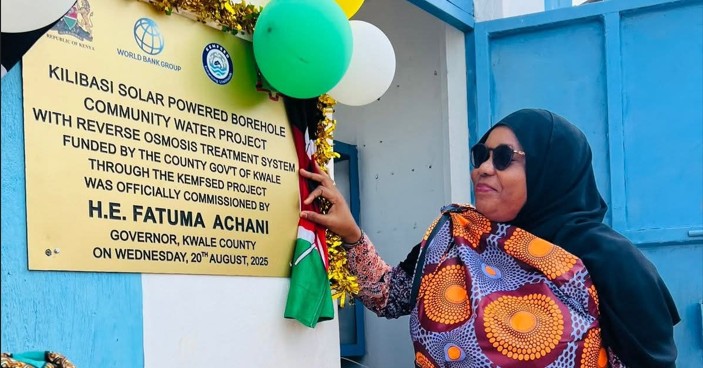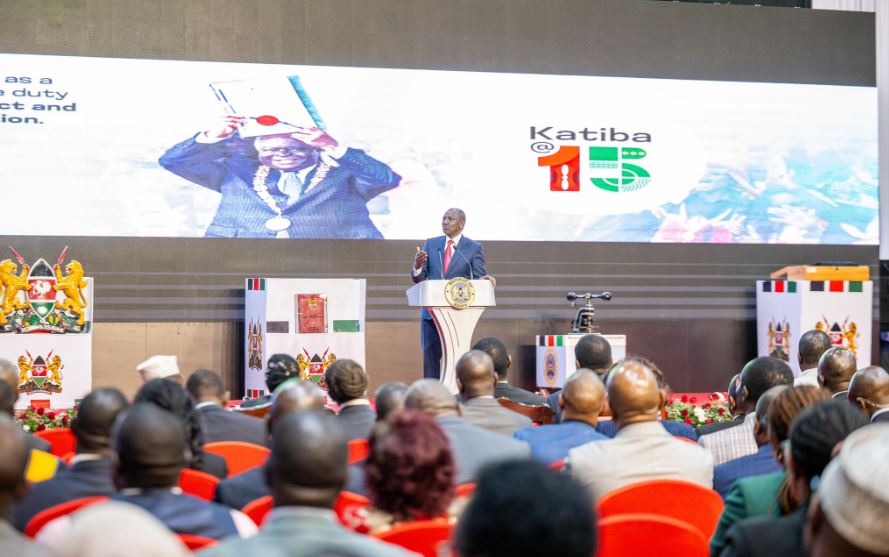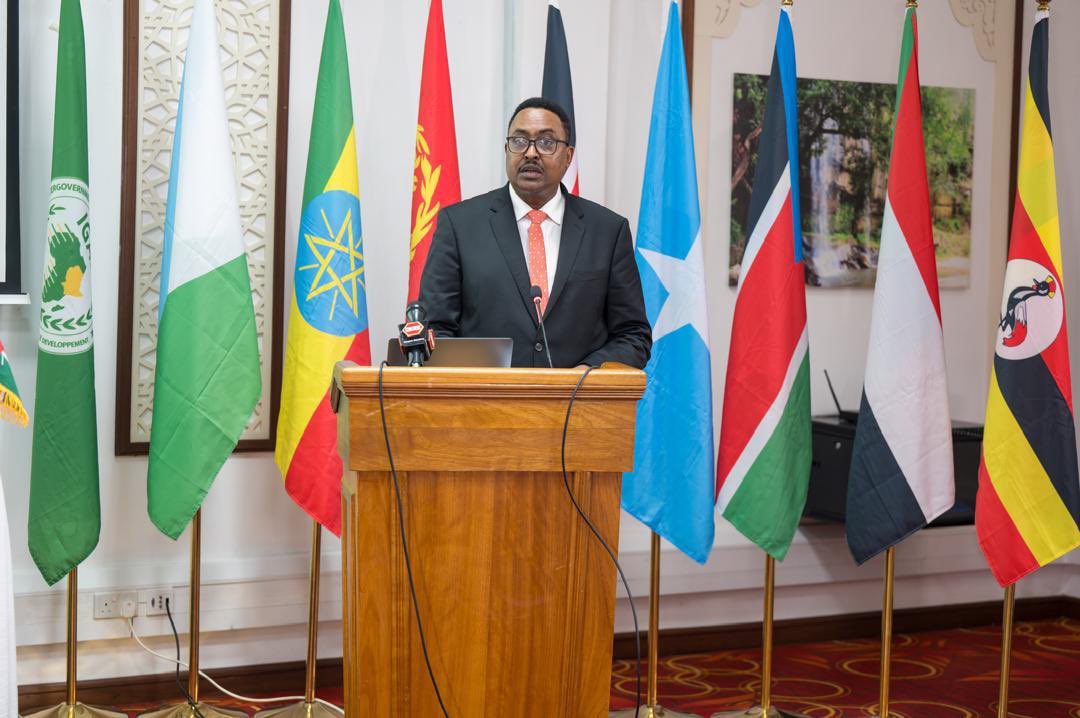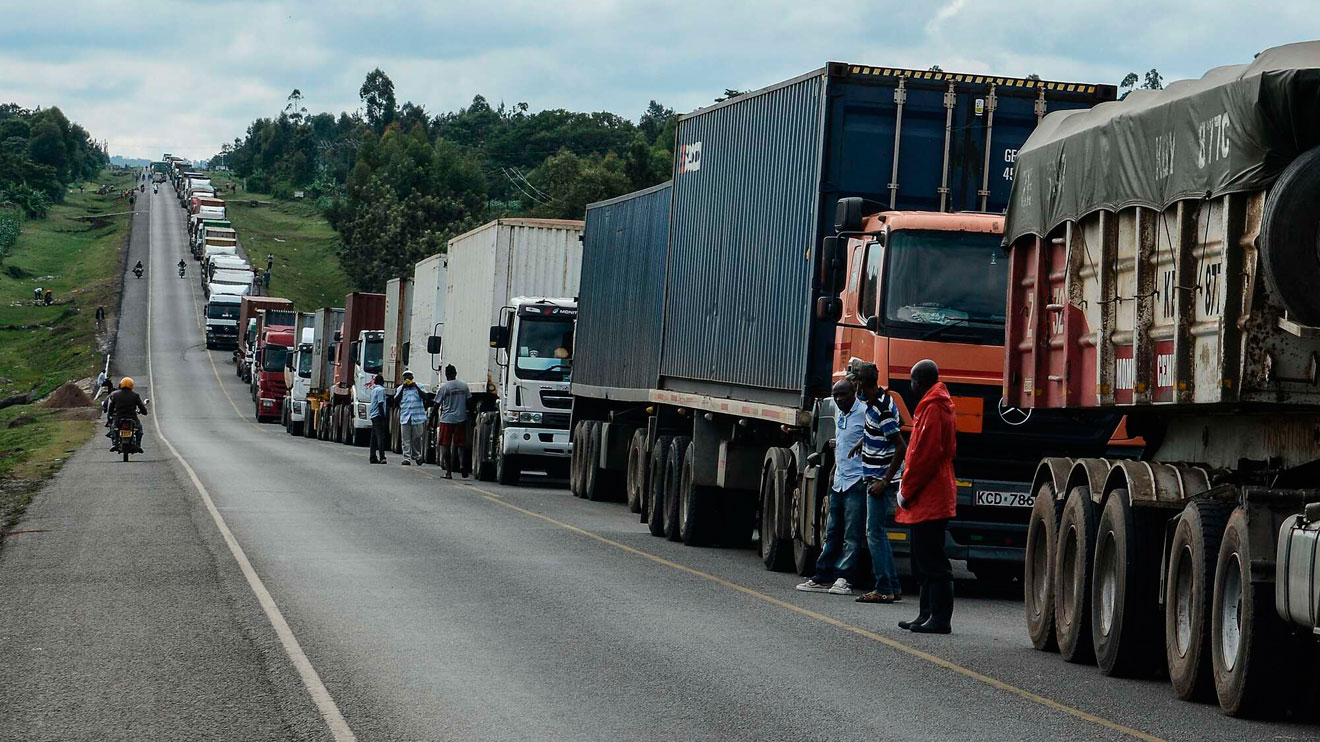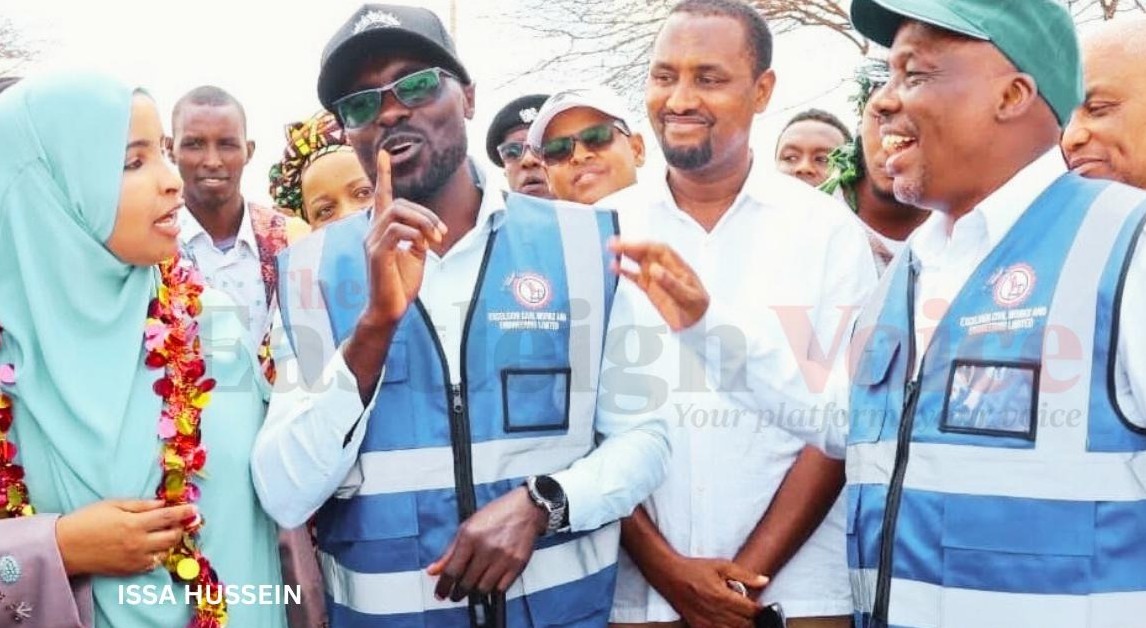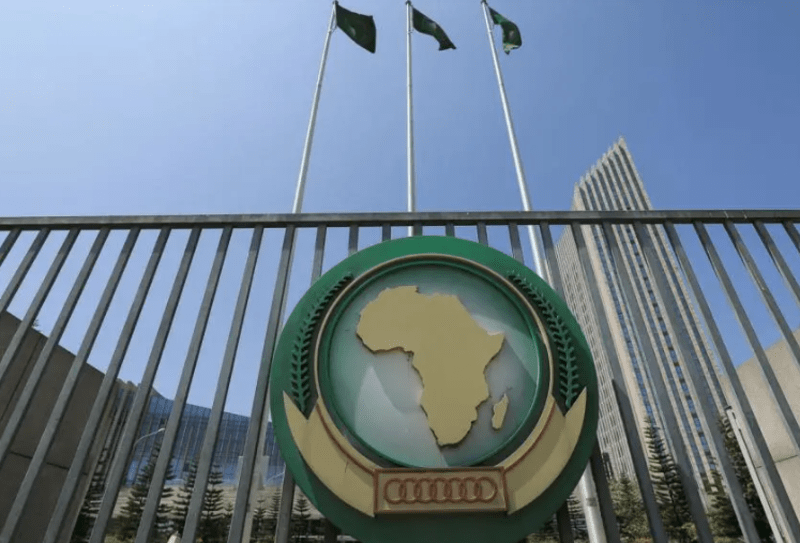Climate mitigation, adaptation project unveiled in Turkana

The Climate Action Project will see community organisations at the grassroots equipped to sensitise the communities on building their resilience to climate change, owing to its devastating impact on their livelihoods.
A project seeking to build local communities' capacity to tackle climate change and improve the nutrition status of children under five and women of reproductive age has been launched in Turkana County.
Among the Arid and Semi-Arid Lands (ASALs), Turkana has borne the brunt of climate change, resulting in frequent and prolonged dry spells, pasture degradation, water catchment areas drying up, and threatening pastoralism and other agricultural activities.
The Climate Action Project will see grassroots organisations equipped to sensitise the communities on building their resilience to climate change, owing to its devastating impact on their livelihoods.
More To Read
Turkana Deputy Governor John Erus noted that climate change had laid bare the vulnerabilities of pastoralist and agro-pastoralist communities, exacerbated poverty and rendered them food insecure, leaving them in dire need of support.
He said the project, funded by the Wellcome Trust and implemented by the African Population Health Research Centre (APHRC), in partnership with the county government, will support climate mitigation and adaptation efforts.
Mitigation is any action aimed at reducing or preventing the release of greenhouse gases into the atmosphere, while adaptation entails coping with the effects of climate change.
"The community sensitisation will focus on reducing the risks and impacts of climate-related disasters and protecting human health and livelihoods through diversification of livelihoods for increased income," John said during the project's inception meeting on July 11.
The project will also gather local knowledge, which will guide the formulation of policies and best practices that help address the effects of climate change.
The deputy governor further said the project will promote sustainable land use to help reduce pressure on pasturelands during droughts, which sparks resource-based conflicts.
Water scarcity and pasture depletion during dry spells result in massive livestock losses as a result of emaciation and reduce livestock productivity, making children aged below five years suffer malnutrition due to a lack of milk.
APHRC Lead and Senior Research Scientist, Elizabeth Kimani, said the community sensitisation, will enhance residents' understanding of how climate change, food systems, health, and nutrition relate.
"There is a need to preserve the natural ecosystem to protect lives and reduce the risks and impacts of climate change," she said.
Top Stories Today


